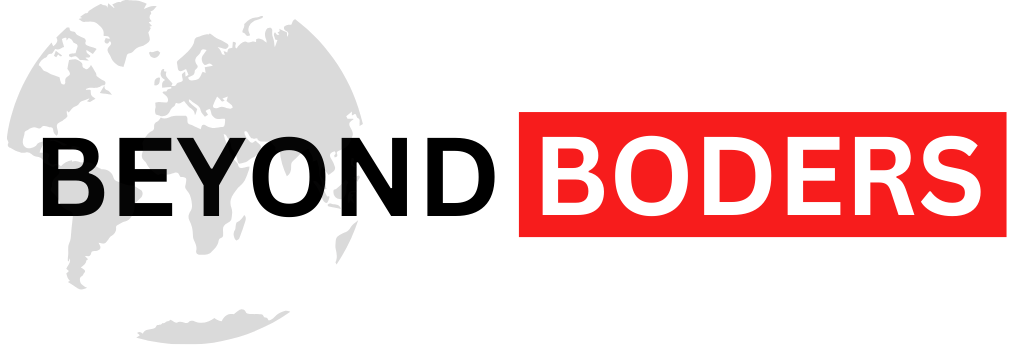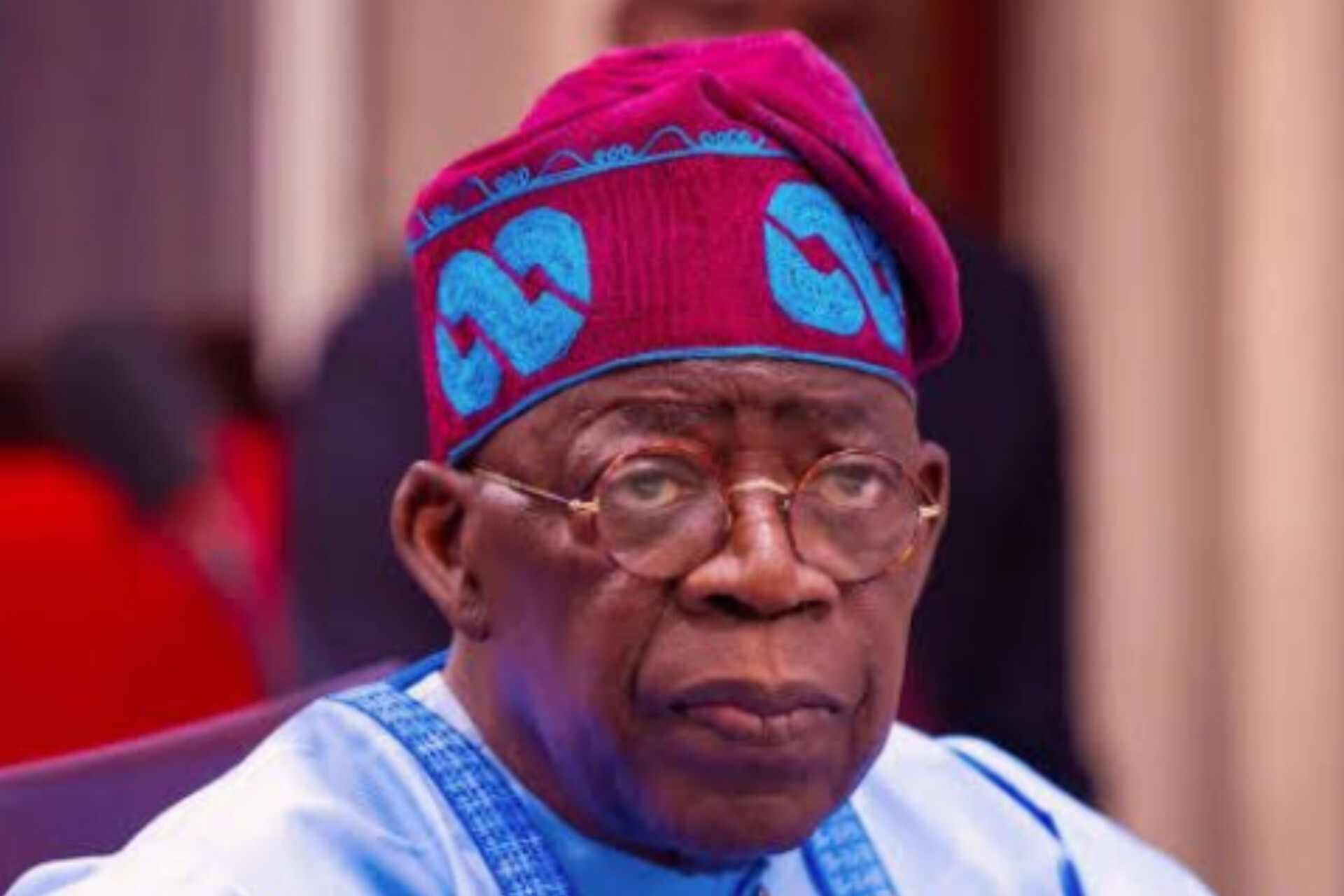The Federal Government announced on Tuesday that it will restart its social investment programme, providing direct payments to 75 million Nigerians across 50 million households.
This plan aims to reduce hardships for citizens, especially those in vulnerable groups.
The Finance Minister, Wale Edun, shared this news during a briefing to mark President Bola Tinubu’s first year in office.
The programme had been suspended earlier this year due to concerns about fraud.
President Tinubu had paused all social programmes run by the National Social Investment Programme Agency (NSIPA) on January 12, following allegations of mismanagement.
Additionally, on January 8, Tinubu suspended Betta Edu, the Minister of Humanitarian Affairs and Poverty Alleviation, whose ministry oversees NSIPA.
The suspended programmes included N-Power, the conditional cash transfer scheme, the government enterprise and empowerment programme, and the school feeding initiative.
Beyond Boders further reports that the House of Representatives urged the government to restart these programmes on March 13.
To address the issues, President Tinubu set up a Special Presidential Panel, led by Minister Edun, to review and audit the programmes.
Minister Edun explained that the government has decided to restart the cash transfer programme to help poor Nigerians.
He stated, “Mr President is committed to counterbalancing the negative effects with interventions across the social spectrum,” he said.
The government will provide direct payments to 75 million people in 50 million households. Additionally, there is improved access to credit with N1 billion allocated to consumer credit and grants of 50,000 Naira given to 1 million small industries.




